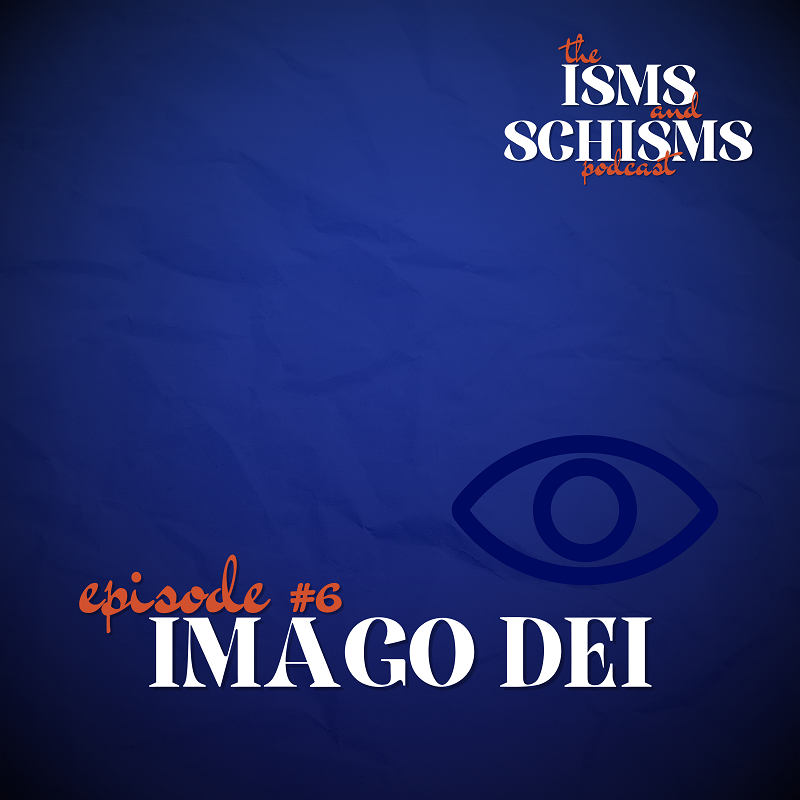
Imago Dei – Image of God (Genesis 1.26-27)
Basically, it means we are God’s mini-me’s. We are made to reflect God and to bear his good characteristics.
Images are always from a particular perspective, and I think the beauty of the diversity of humanity is that we are all different images of God; we each show a different perspective of God.
The Imago Dei reminds us of several things about humanity.
- Humans, like God, are rational and intelligent.
- Humans, like God, are relational and communal.
- Humans, like God, are creative and we value beauty.
- Humans, like God, are moral and ethical.
- Humans are not an accident. God intentionally imbued humanity with something of himself. There is dignity in human life.
In Genesis 1, humans fulfil a priestly role within God’s temple, which is creation itself.
Sumerian temples were consecrated with ceremonies that would last 7 days, each day celebrating a different part of the natural world. On the last day, the seventh day, the deity would be invited into the temple and would rest. The presence of the deity would sometimes be represented by an object of some sort, an idol. That idol was the image of that deity.
In Christianity, Jesus is the ultimate image of God. Colossians 1.15; Hebrews 1.3; John 14.9.
We reflect God’s character and likeness imperfectly, Jesus reflects it ultimately.
Christians who have fought for the rights of women, children, people of different ethnicities, of different classes, and other similar causes, have adopted the argument that people are the image of God and so they have rights and they should be treated equally. Each individual person should be treated as an emissary of God himself.


Leave a comment